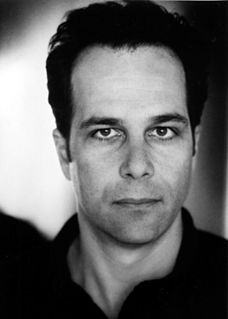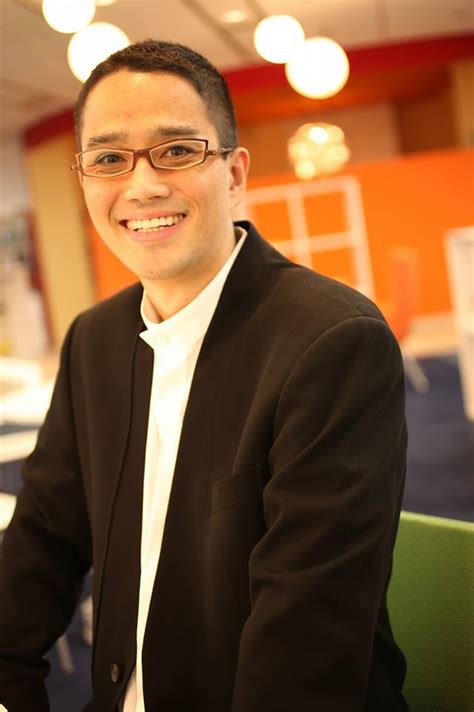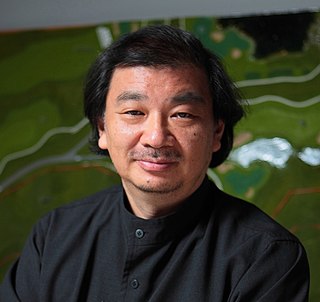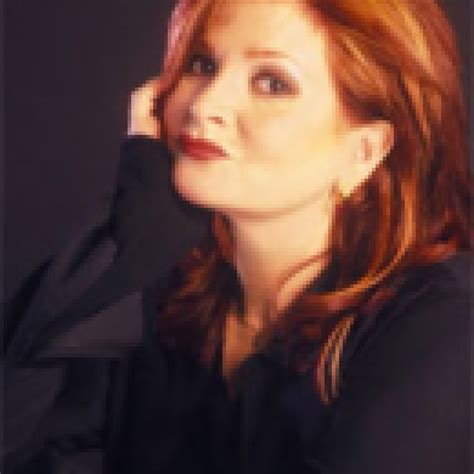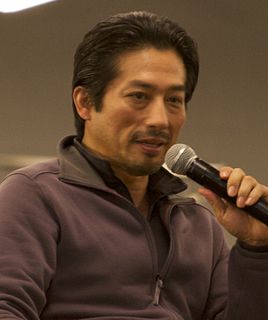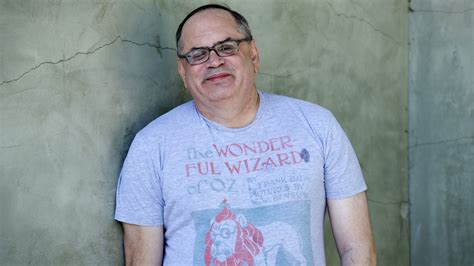A Quote by Hirokazu Kore-eda
A lot of people, especially Japanese, come to the theater to have a good cry.
Related Quotes
The people are living seperately together," he said. "So there is responsibility. I cry, you cry. You cry, I cry. We all come running, and the one that stays quiet, the one that stays home, must explain. Is he in league with the criminals? Is he a coward? And what would he expect when he cries? This is simple. This is normal. This is community.
I know I always had a lot of energy growing up and I had to put it somewhere. Theater allowed me to really feel things, to laugh, to cry, to explode outward. I could do anything and it was totally accepted and appreciated. If I hadn't gone into the theater, I probably would have been a psychotic killer.
When I turned 50, I threw myself a big birthday party, and I looked seriously at what my life has been about. I recommend this to everybody. Ask yourself, "What have I done? How did I do it? Where'd I mess up? Where did I do well?" When I did this assessment of my life, I said to myself, "It was really good." I made a lot of people laugh, made a lot of people cry in a good way, brought a lot of joy to people, picked up a lot of garbage. And in all those years, I saw a lot. I went to foreign lands. I met interesting people. And I got it!
Keanu Reeves learned a lot, respecting the culture. I was surprised when I first met him. He knew a lot already and he learned a lot. And also he learned Japanese. It's incredible. On the set, switching between the Japanese and English, even for us, is very hard. It's complicated. But the first time Keanu spoke in Japanese it was a very important scene between us, and more than the dialogue's meaning, I was moved. His energy for the film, completely perfect Japanese pronunciation. It was moving, surprising, respecting.
As well as Japanese animation, technology has a huge influence on Japanese society, and also Japanese novels. It's because before, people tended to think that ideology or religion were the things that actually changed people, but it's been proven that that's not the case. Technology has been proven to be the thing that's actually changing people. So in that sense, it's become a theme in Japanese culture.
Because I come from the theater, I use the images of the theater and of movies a great deal when I write. I see the story in my head. I have to break down the outline of a story first. I have to know where I'm going. Usually I have a good beginning and a good ending, and then I think, "Now I have to find my way through it."
What I strive to do is to make the theater experience something that people remember and recall rather than dismiss because it was less like their everyday experiences. So, I'm less interested in internal emotionalism and much more in making the audience laugh and cry by the devices that we use as theater actors.

